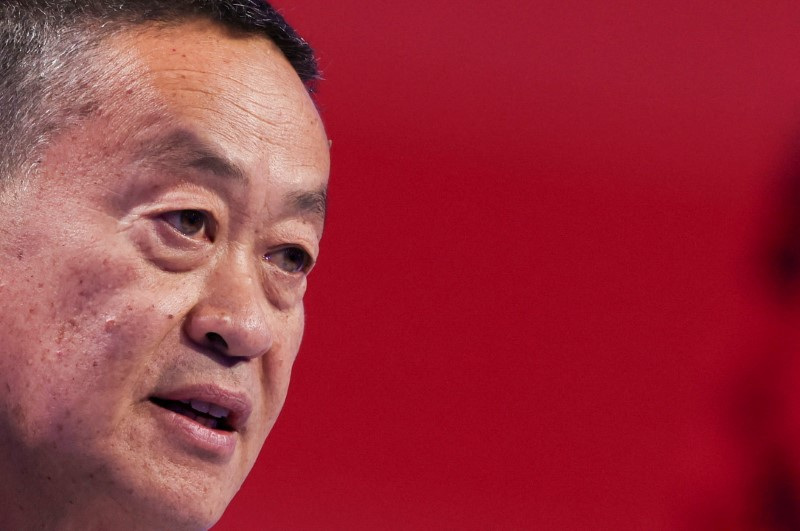BANGKOK (Reuters) -Thailand is set to delay the launch of a controversial $14.3-billion "digital wallet" handout scheme until after May, in a setback for Prime Minister Srettha Thavisin, who has been touting the policy as essential in boosting a sluggish economy.
"Today, looking at the timeframe, it's unlikely for May," Deputy Finance Minister Julapun Amornvivat said on Wednesday, without specifying a new timeline.
While the government insists it will move ahead with the project, Julapun said there was no back-up plan if the scheme could not be implemented.
The programme, originally slated for February and delayed to May, has been hounded by concerns over how it will be funded, with some experts calling it fiscally irresponsible.
The government has insisted the scheme, which would transfer 10,000 baht (around $285) each to 50 million Thais via a mobile app to spend in their local communities, would be managed carefully through cascaded borrowing.
It was also greenlit by an independent panel that provides legal guidance to governments, that said the scheme should only be rolled out in an economic crisis.
The latest delay comes as the government and central bank trade barbs over how to revive Southeast Asia's second-biggest economy, which has been lagging regional peers.
Earlier this week, amid calls from Srettha and his government to lower borrowing costs, the Bank of Thailand said adjusting interest rates could not be a "quick fix" for an economy that is weighed down by external factors like weak demand for its exports.

The government wants to boost economic growth to an average of 5% over four years, as Thailand trails regional peers with growth forecast at 2.4% last year, short of the 2022 figure.
The digital wallet was a key election campaign policy of the ruling Pheu Thai party. It is core among a raft of stimulus measures that Srettha's government has promised, including debt suspension for farmers and a minimum wage hike.